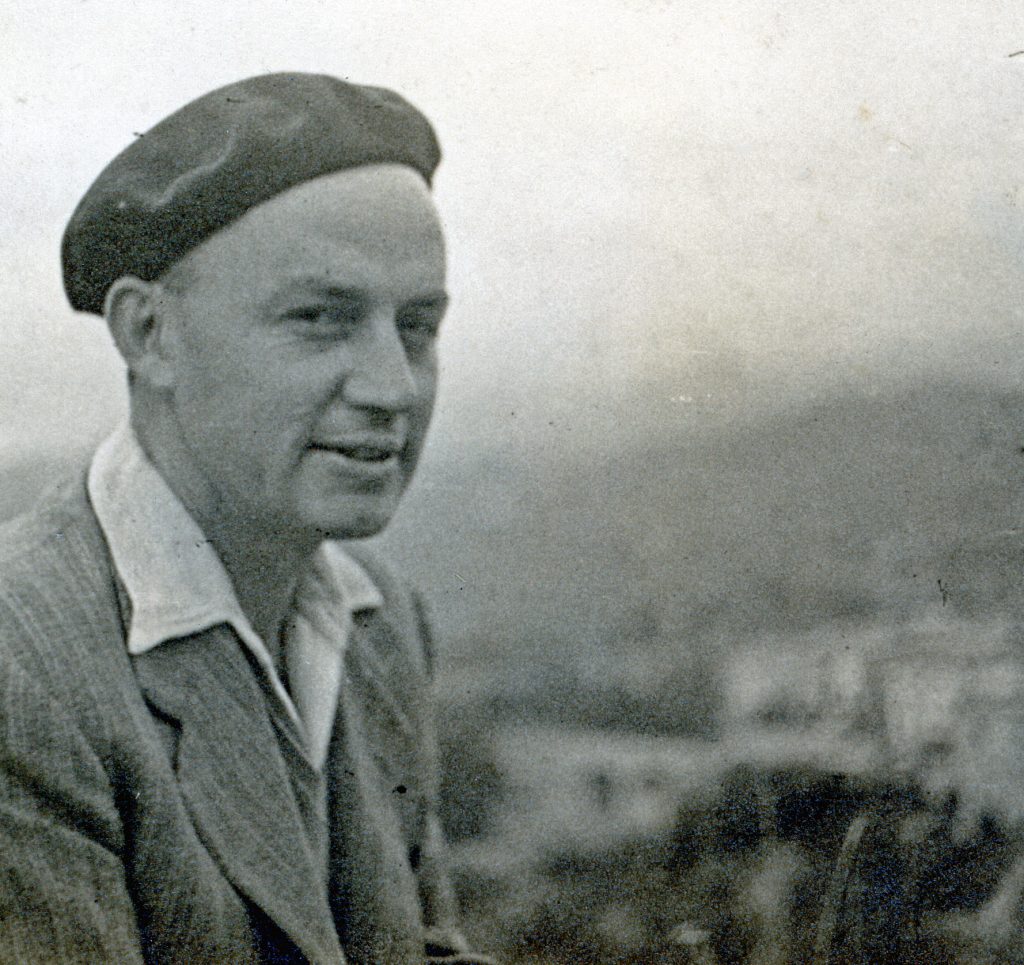
This study described the role of the Office of Strategic Services in Costa Brava during the Second World War from the point of view of its operative agent, Melvin Lord. It explained how Melvin’s undercover activities fit into the OSS’s overall operations in the Iberian Peninsula. In examining his life in Costa Brava, the study found that many of his colleagues were part of the clandestine network.
United States interests in the Mediterranean were mainly geopolitical. The US government could not let Spain fall into the hands of the Axis powers. Had Spain fallen under Axis control, it would have significantly hampered Allied access to the Mediterranean Sea and given the Axis powers a strategic advantage in the region. It would have undermined the US government’s secondary aim of the war of bolstering the US economy by expanding its overseas trade. Shipments to Europe would have been severely constrained had the Allies lost control of the Mediterranean to Germany and Italy.
US espionage activities in Europe consisted mainly of (a) gathering all the information that could allow the Allies to anticipate the movements of the German and Italian armies, (b) ensuring Franco’s neutrality in the war, and (c) establishing escape networks to help Jews and other refugees escape from Nazi territories. In Spain, the infiltration of agents also included psychological warfare designed to establish key alliances within the Franco regime that would prevent the government from actively supporting the Germans.
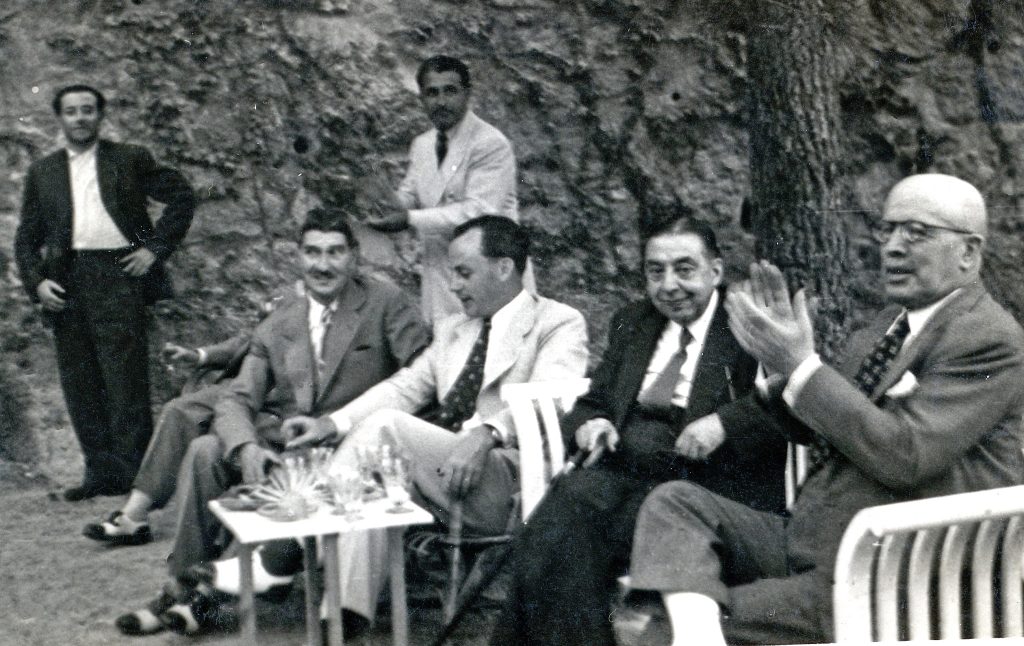
Multinational cork companies were important to the OSS because they provided a channel for the US government’s geopolitical and economic objectives. The factories supplied the raw materials for manufacturing weapons and other armaments. In their offices, the directors and engineers conducted their professional and technical activities while collaborating with the secret services of the United Kingdom and the United States.
In the OSS, Donovan created an organization where everyone, regardless of their social class, participated since recruitment focused on each agent’s personal qualities and potential. Nevertheless, graduates and scholars from the best American universities were selected for the Moral Operations branch, and the same preference was given to intellectuals in the research branches of the agency.
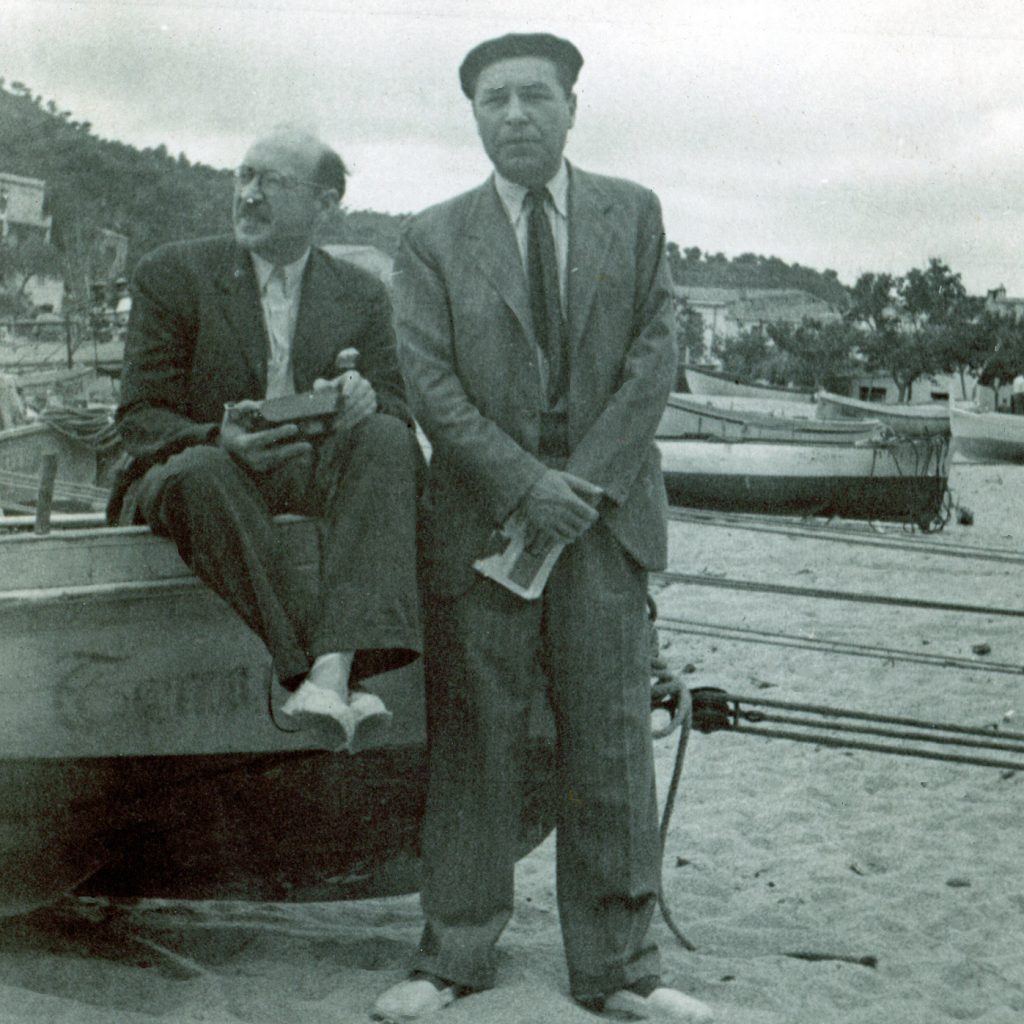
Melvin Lord was the quintessential undercover agent because he combined technical know-how and physical attributes. He was entrusted with practical missions to carry out strategies of all kinds, relying on his physical strength and vigor, as gleaned from his trips with Miguel Ureña across the Pyrenees to help Jewish refugees. However, his analytical skills were also essential, as shown in his participation in Operation TORCH and his involvement with Jedburgh teams. He also had the type of adaptable personality that allowed him to conduct social and business operations with people from both sides, as was shown by the results of his meeting with Francisco Franco.
Melvin Smith Lord met the basic requirements of an OSS undercover agent: resilience because of having faced extreme situations throughout his life; interpretive skills when dealing with different people during missions; physical strength and fighting techniques; intelligence and professionalism; youth and vigor; contacts in the high societies of countries like the Philippines, United States, and Spain; a good marriage; and excellent social relations developed in the Costa Brava society.
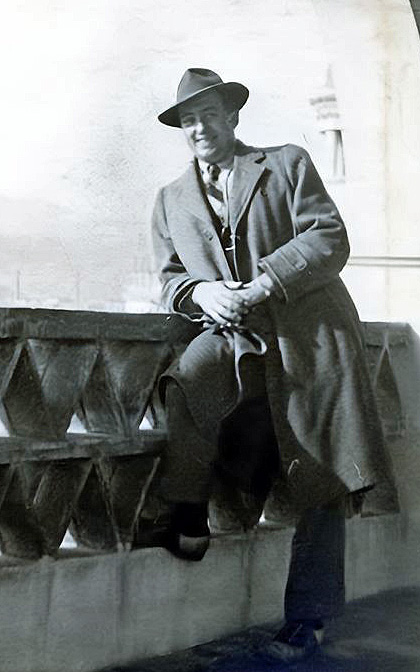
Melvin arrived on the Costa Brava as a highly capable chemical engineer tasked with refloating the Armstrong Cork Company’s business in Palamós and Palafrugell, not as a secret agent. He was recruited two years after his arrival, when he had already made a place for himself there, with a good marriage and influential friends. He arrived in Palamós in 1939 and married in 1941, after which he sailed to the United States with his wife. There, he stayed in Washington, DC, for training and returned to the Costa Brava as an undercover agent, while his wife traveled to Oregon to remain a year with Melvin’s aunt, Elizabeth Lord, and her colleague, Edith Schriver.
Melvin’s colleagues, Pedro Pla, Josep Pla, David Anderson, and Josep Quintà, formed part of the OSS clandestine network in the Costa Brava. Each one had a particular expertise that contributed to the overall objectives of the OSS in the region. From Carmen’s letters and diaries, we know Melvin met with Pedro Pla each Sunday, and from Melvin’s son, Montague, we know that the friendship with the Pla brothers lasted a lifetime. Josep Pla would even stay with the family when he was in the United States. It is also known, from Carmen Pagès’ sister-in-law, Mercedes Ribera Casamada, that Melvin met Pere Pla in Lisbon, possibly when both were already OSS agents.
From Pere Pla’s brief mention to his brother about a border pass Melvin obtained for him, we understand how Melvin and Carmen moved around easily: from Palamós to Barcelona, from Barcelona to Banyoles, and elsewhere. They needed safe-conduct passes since, apparently, these areas were within the sealed borders, and passports were not inexpensive (Sánchez, 2003, p. 66). Although both Carmen and Melvin Lord met the requirements to obtain passports and travel abroad, it was much easier for Melvin than others since he had contacts in high positions.
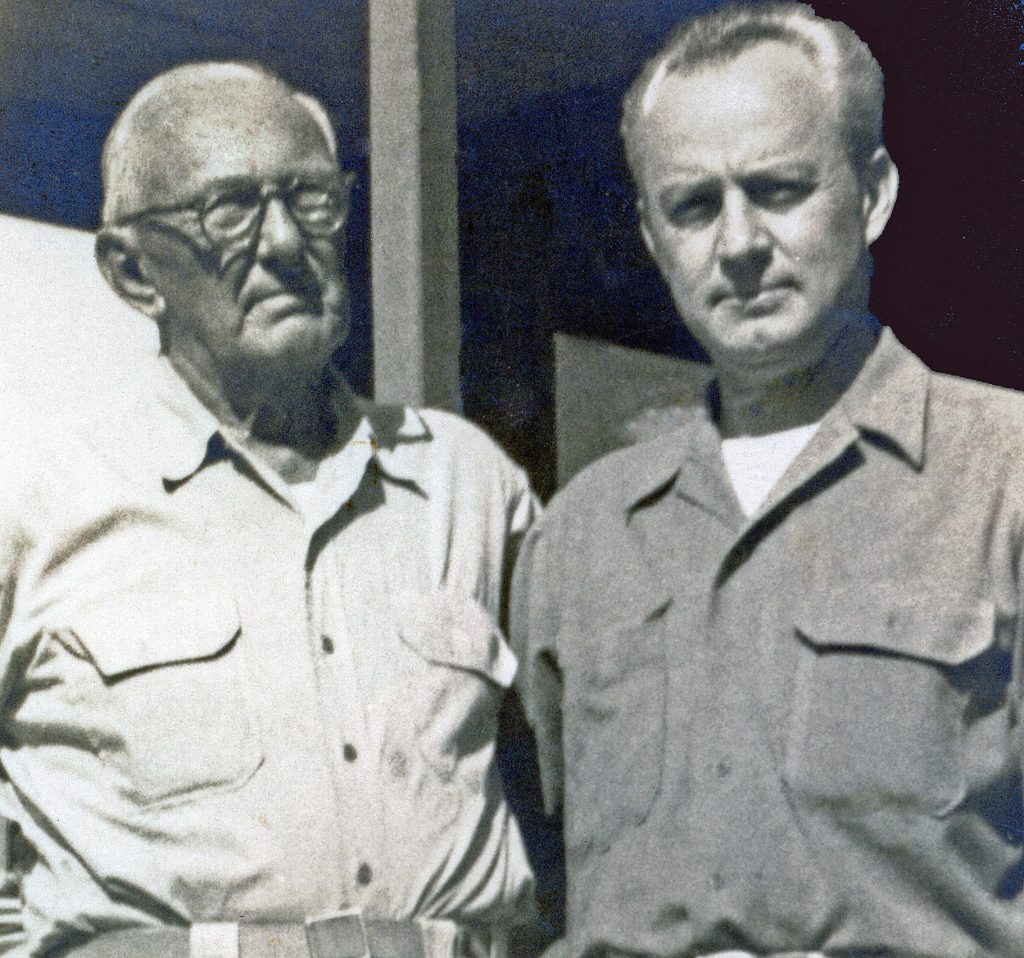
In the apolitical doctrines of the OSS, one could find a refutation of a criticism that has been periodically made of the figure of Josep Pla, according to which he lacked any political alliance. Was this not the aim of OSS collaborators? Being able to move between political groups was demanded of Donovan’s men and their collaborators. Xavier Pla has suggested, as has Melvin’s son Montague, that Josep Pla’s book Guide to the Costa Brava helped the Allies rescue refugees by providing detailed information about landing sites along the Costa Brava coast. In 1930, the idea of writing a book about the Costa Brava had begun to brew in Josep Pla’s head, but it would not be published until after the Spanish Civil War, in 1941. In 1944, once the OSS operations had begun, it was republished and reissued with updated maps and routes.
To conclude this study and point to future work by raising some speculative ideas, with little foundation, about the family of Carmen Pagès Vilar and about the figure of Montague Lord Sr. Carmen’s family was not only well-positioned socially but also had great friendships in religious, political, and business circles. At the moment, it is unknown whether the Pagès continued to have links with the tramway at the time of the Second World War, but it could also have been a key to having the direct orders of the relatives of Augusto Pages de Ortiz to give permission to his workers to engage in smuggling. Palamós was a well-connected town where Melvin felt at home. Carmen was the perfect wife: sociable, endearing, and with an ability to move around different circles.
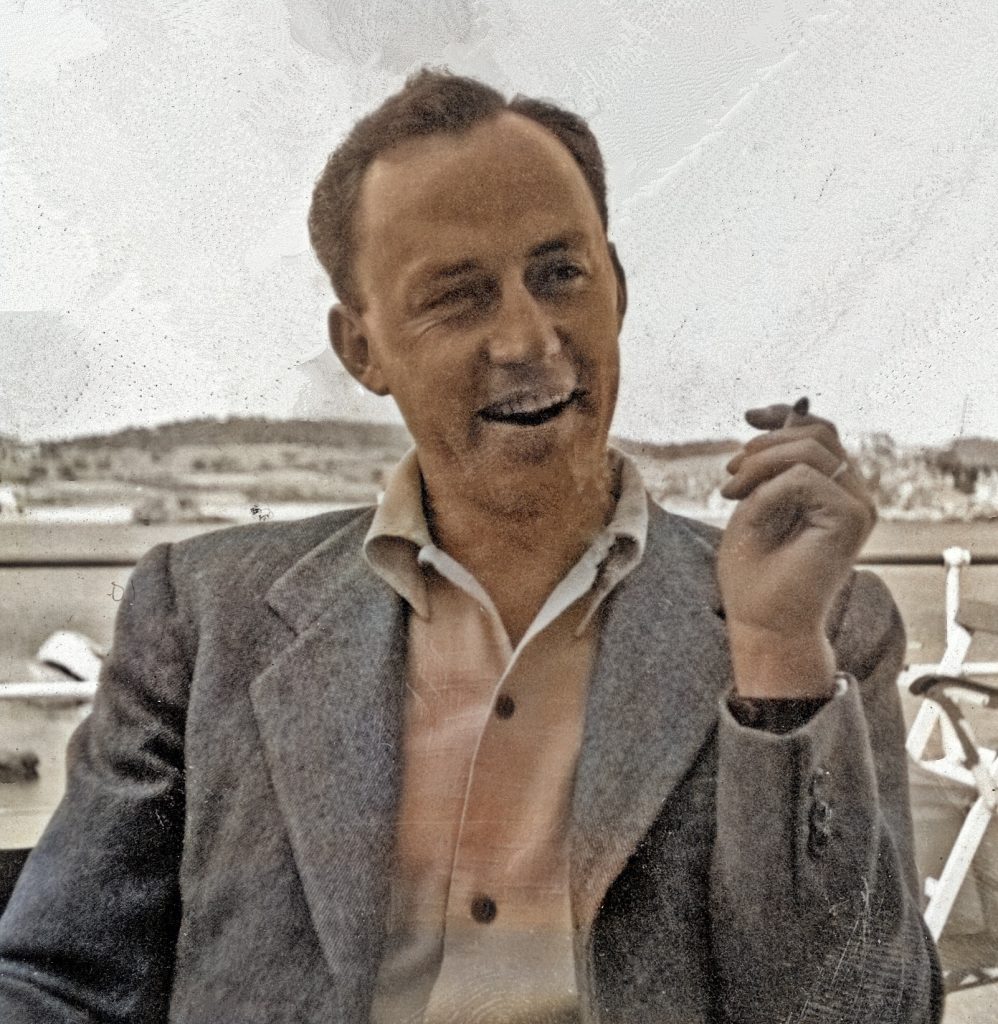
The figure of Montague Lord, Melvin’s father, remains somewhat suspect since he understood a lot about politics and recommended to his son that “it would be convenient for him to spend some time in the United States” just before Carmen and he left for Washington, and he was trained to participate in OSS operations. He had important friends in the Philippine elite, of the same level as the president himself, and it has already been proven that the vice-governor during World War II, Joseph Haydn, was one of the most important members of the OSS. Melvin’s son, Montague, has said that his grandfather was unaware of Melvin’s operations in the OSS and, therefore, exercised no influence on the agency. It could be, however, that Melvin came into contact with some military official after meeting him who later was part of the OSS.
There are still many unresolved questions: Who were the Nazis that the OSS spied on in the Costa Brava? Where was their headquarters? What operations and interests did the German army have on the Catalan coast? Who were the exact members who formed part of the clandestine networks? How were they organized? These are questions that will be answered later.
As is characteristic of all conflicts, during the Second World War, there were many open fronts, both on the battlefield and in the minds of the men and women who suffered its consequences. Each of these people, both in the ranks of the OSS and outside, fought small, decisive battles, agreeing to go to strange lands, taking in persecuted friends, relatives, and strangers, and living with fear and uncertainty. In these pages, we have briefly covered the story of a great man, which, for me, has been a seed that I hope will germinate and bring further knowledge and revelations of what remains to be discovered.